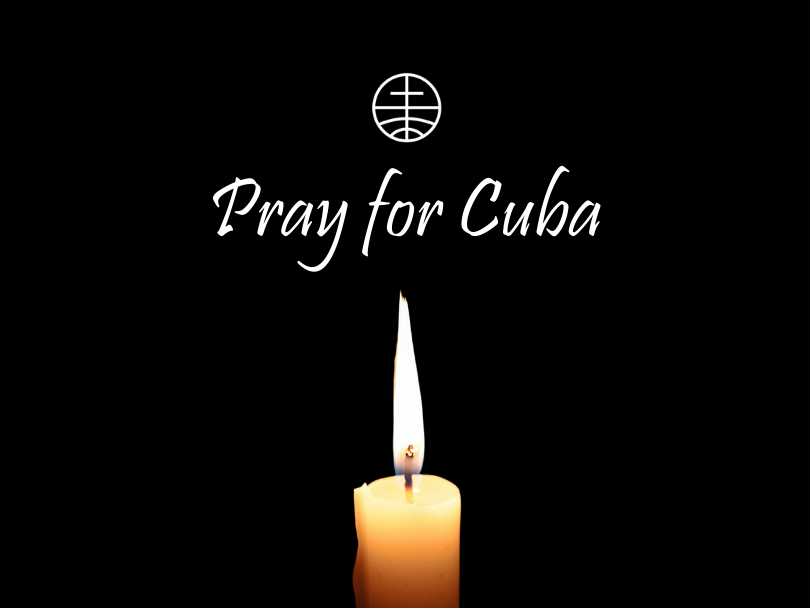Beloved sisters and brothers
“The steadfast love of the Lord never ceases, his mercies never come to an end; they are new every morning; great is your faithfulness.
“The Lord is my portion,” says my soul, “therefore I will hope in him.”
Lamentations 3:22-24
We call on your prayers and actions of solidarity with our members in Cuba.
Pastor Luis Hernández of MWC member church Sociedad Misionera Cubana Hermanos en Cristo (Brethren in Christ) writes:
The needs here are many:
Lack of fuel.
Lack of electricity.
Lack of food.
Lack of financial resources.
Cuba’s humanitarian situation is worsening due to fuel shortages started when the government of the USA took measures to block oil supplies from entering the Caribbean nation nearly a month ago, reports the United Nations. Continued shortages will harm healthcare, water services and food distribution, deepening the humanitarian crisis and causing suffering especially for the most vulnerable.
“What is not lacking is the faith of a people who know how to grow in the midst of these times. That is why we must not give up.
“If we could go and talk to our brothers and sisters in Christ, we would explain our situation to them. But here we stand firm. Let our Anabaptist family know the great things God has done for us,” says Luis Hernández.
Pray that much needed supplies will reach the island nation quickly. Pray that amid the stress of shortages added to rebuilding after November’s hurricane and more severe weather, people would take care of each other, sharing resources like the boy with five loaves and two fish (Matthew 14:19) so that everyone has enough.
Lord, in your mercy, hear our prayer.
In the name of Jesus, Prince of Peace, amen.

Tigist Tesfaye
secretary,
Deacons Commission

William George Broughton
regional representative, Latin America – Caribbean


Leave a Reply